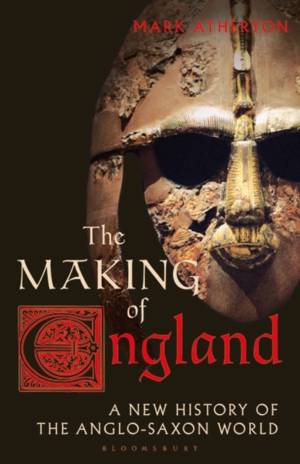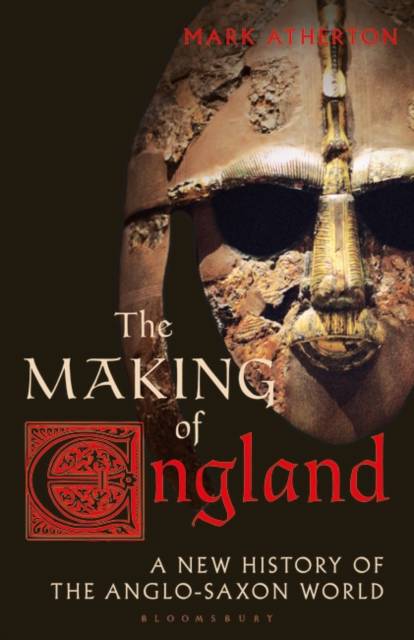
- Afhalen na 1 uur in een winkel met voorraad
- Gratis thuislevering in België vanaf € 30
- Ruim aanbod met 7 miljoen producten
- Afhalen na 1 uur in een winkel met voorraad
- Gratis thuislevering in België vanaf € 30
- Ruim aanbod met 7 miljoen producten
Zoeken
€ 79,95
+ 159 punten
Uitvoering
Omschrijving
During the tenth century England began to emerge as a distinct country with an identity that was both part of yet separate from 'Christendom'. The reigns of Athelstan, Edgar and Ethelred witnessed the emergence of many key institutions: the formation of towns on modern street plans; an efficient administration; and a serviceable system of tax. Mark Atherton here shows how the stories, legends, biographies and chronicles of Anglo-Saxon England reflected both this exciting time of innovation as well as the myriad lives, loves and hates of the people who wrote them. He demonstrates, too, that this was a nation coming of age, ahead of its time in its use not of the Book-Latin used elsewhere in Europe, but of a narrative Old English prose devised for law and practical governance of the nation-state, for prayer and preaching, and above all for exploring a rich and daring new literature. This prose was unique, but until now it has been neglected for the poetry. Bringing a volatile age to vivid and muscular life, Atherton argues that it was the vernacular of Alfred the Great, as much as Viking war, that truly forged the nation.
Specificaties
Betrokkenen
- Auteur(s):
- Uitgeverij:
Inhoud
- Aantal bladzijden:
- 352
- Taal:
- Engels
- Reeks:
Eigenschappen
- Productcode (EAN):
- 9781838604035
- Verschijningsdatum:
- 19/09/2019
- Uitvoering:
- Paperback
- Formaat:
- Trade paperback (VS)
- Afmetingen:
- 140 mm x 216 mm
- Gewicht:
- 408 g

Alleen bij Standaard Boekhandel
+ 159 punten op je klantenkaart van Standaard Boekhandel
Beoordelingen
We publiceren alleen reviews die voldoen aan de voorwaarden voor reviews. Bekijk onze voorwaarden voor reviews.











